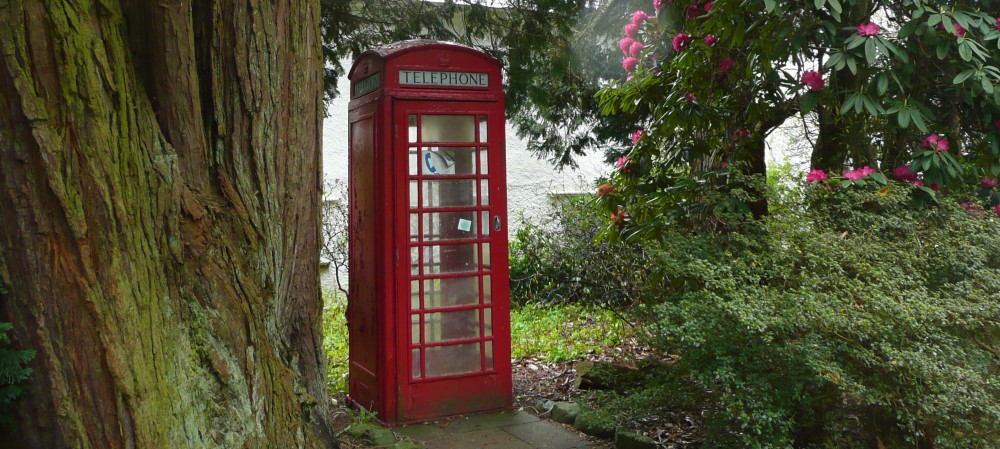The Case of Soccer and Football

The European Championchip is in its last week, the English team is still playing and it is high time that I write my football/soccer related post before the tournament is over and football talk will rest for two years before it resumes with the World Cup 2026. Taking place in North America and Mexico, there will probably then be more soccer talk than football talk, at least among the hosts.
Why DO Americans call what (almost) everyone else calls football ‘soccer’? And why do they call a game pretty obviously hardly played with any feet ‘football’. American football comes across as a (rougher) version of rugby, so why wasn’t it called American Rugby?
Continue reading